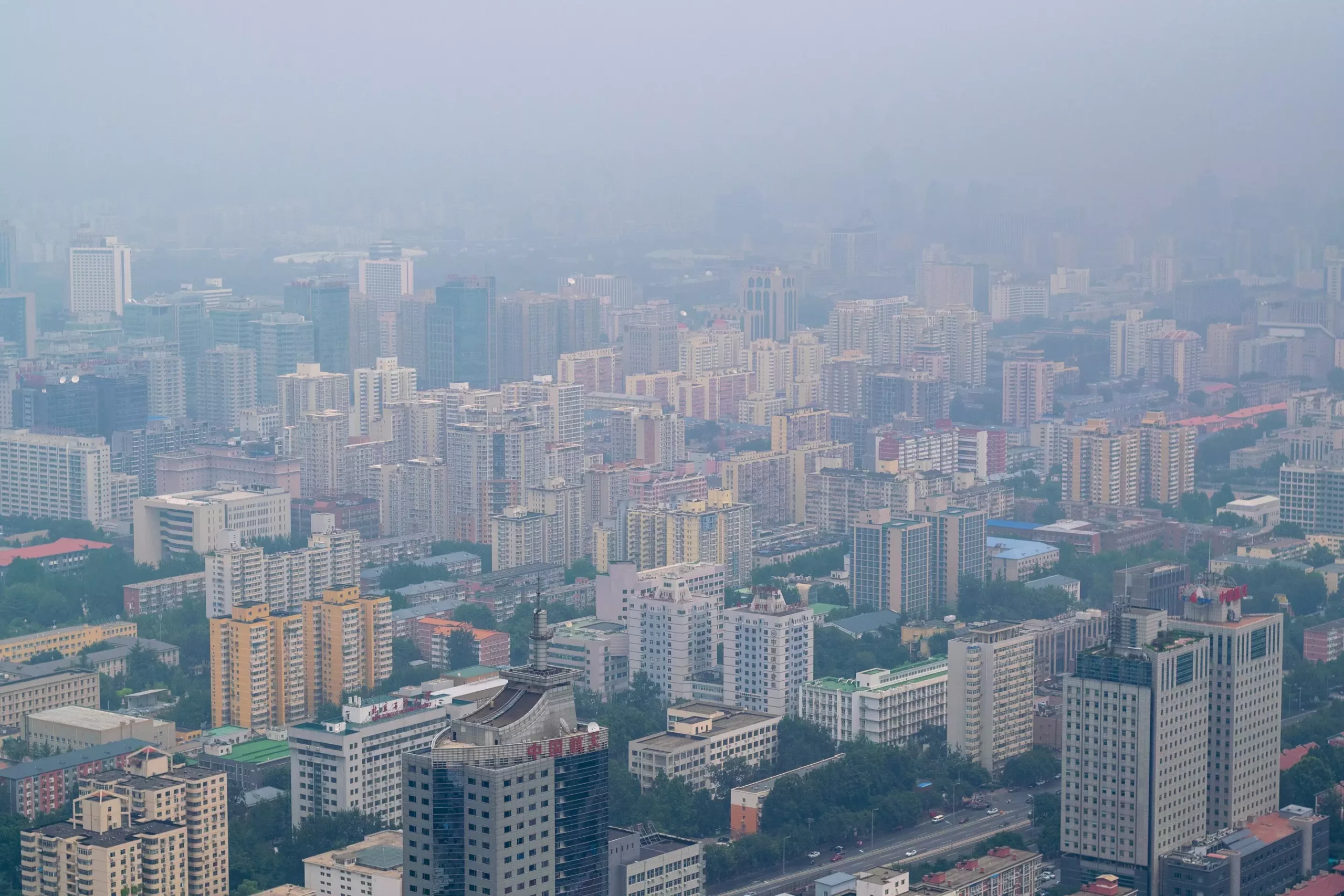In a recent study conducted by researchers from the University of Birmingham, University College London, and Tsinghua University, it was revealed that the carbon mitigation efforts in 240 Chinese cities are mainly benefiting from the actions of other cities, rather than their own contributions. The study, which analyzed data from 309 Chinese cities between 2012 and 2017, highlights the phenomenon of “outsourced beneficiaries” in the context of carbon emissions reduction strategies.
The researchers classified the cities into two categories: “strong” and “weak” outsourced beneficiaries. Strong outsourced beneficiaries, totaling 65 cities, saw their local carbon emissions continue to grow despite benefiting from mitigation efforts in the supply chain. On the other hand, weak outsourced beneficiaries, encompassing 175 cities, relied more heavily on mitigation efforts from upstream cities rather than implementing significant local measures themselves.
The distinction between strong and weak outsourced beneficiaries is closely tied to a city’s development stage and industrial structure. Strong outsourced beneficiaries were predominantly industrialized cities with a focus on agriculture and light manufacturing, prioritizing local economic growth. Conversely, weak outsourced beneficiaries were concentrated in the downstream of supply chains, heavily involved in services and high-tech manufacturing, with strong ties to upstream heavy-industry cities.
Challenges and Opportunities
The researchers point out the challenge of outsourced beneficiaries benefiting from the mitigation efforts of other cities without making equivalent contributions themselves. Strong outsourced beneficiaries, typically found in energy and heavy industry cities, require support to transition outdated production capacity and reduce emissions. Weak outsourced beneficiaries, particularly in high-tech and service-oriented industries, should invest in technological innovation and research to enhance industrial efficiency.
Policy Implications
The study emphasizes the need for nuanced government policies that address the varying challenges and opportunities presented by different types of cities. By recognizing the distinct roles that cities play in climate change mitigation, policymakers can promote a fairer distribution of mitigation responsibilities. This approach ensures that cities are incentivized to contribute to carbon reduction efforts in a meaningful way.
The research on outsourced beneficiaries in Chinese cities sheds light on the complexities of carbon mitigation efforts and the interconnected nature of supply chain networks. By understanding the factors that influence cities’ contributions to emissions reduction, policymakers can develop tailored strategies that encourage all cities to play a proactive role in combating climate change. Ultimately, addressing the challenges posed by outsourced beneficiaries is essential in achieving sustainable and equitable carbon mitigation outcomes across China.


Leave a Reply